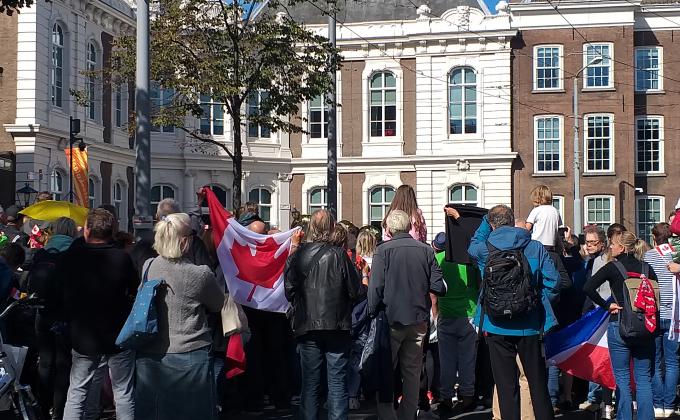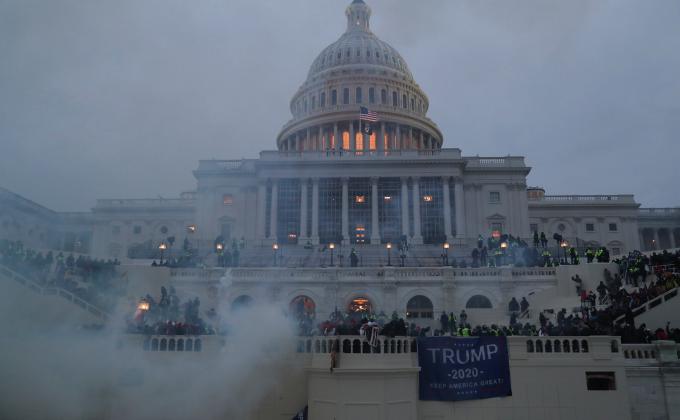This policy brief analyses the phenomenon of conspiracy theories, and how they fit in the realm of research on violent extremism. Using the case study of QAnon, this Policy Brief looks at how the movement mobilises people to violence on social media and attempts to determine how different this this process is from any other process of radicalisation to violence. By combining discourse analysis of the movement’s Gab posts, interviewing former supporters, and analysing three illustrative case studies, this Policy Brief identifies five discourses - such as revenge, “the Other”, chosenness/ specialness, apocalypse, and urgency for action and altruism - that are used to bring people into the violent mindset. It emphasises the similarity of these discourses to the ones used by other extremist organisations and argues against exceptionalising the threat of QAnon and other conspiracy theories. It concludes by making recommendations about how to tackle QAnon propaganda.
Back to publications
Policy Brief
16 Jun 2023







